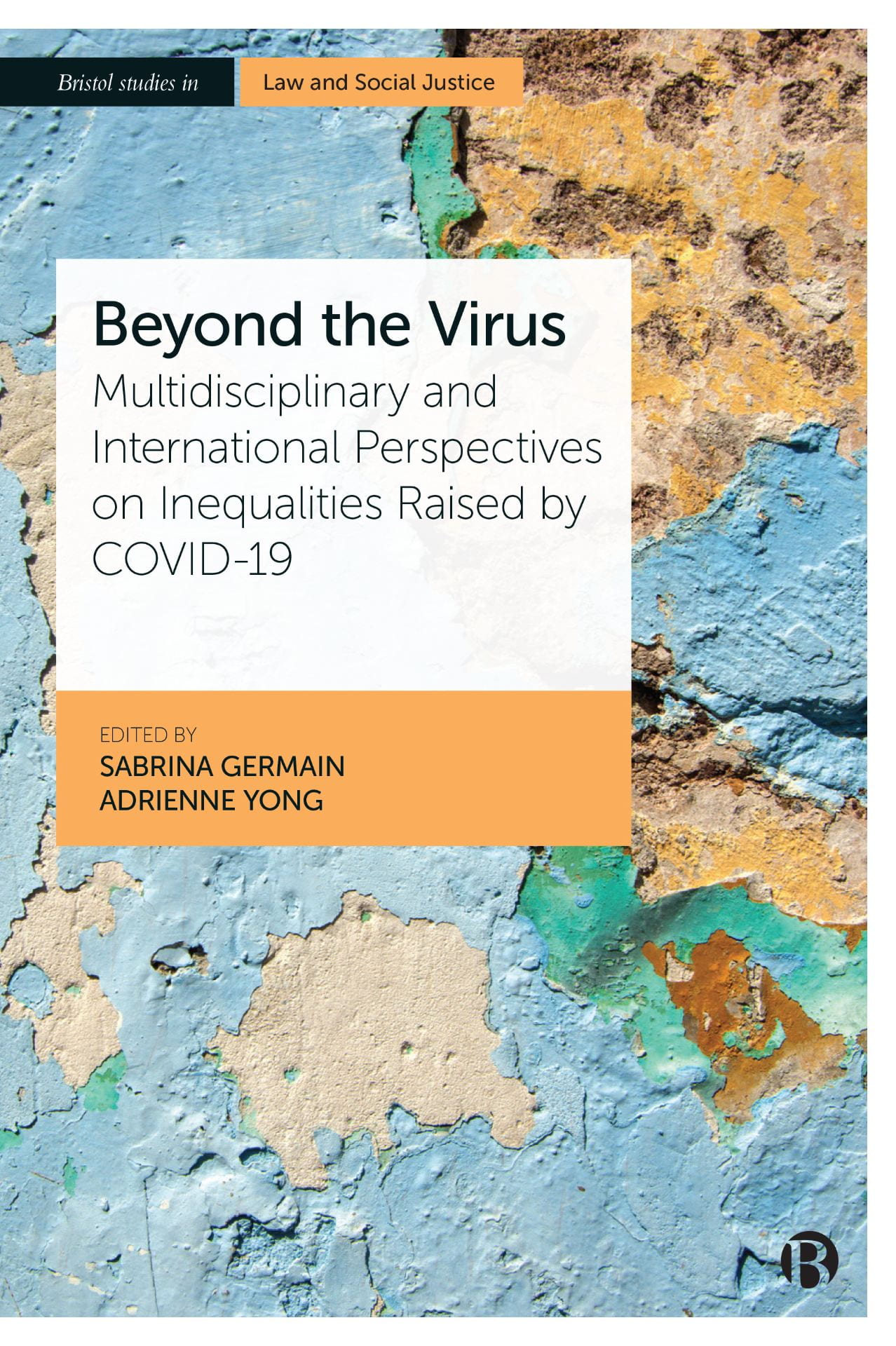The London Universities Maritime Law and Policy Research Group (LUMLPG) provides a network of mutual support and a forum for the exchange and promotion of ideas and information on maritime law and policy. In this vein, the LUMLPG will hold its 14th annual place on Friday, 24 May 2024.
The conference brings together academics, postgraduate researchers, practitioners and other industry professionals to present their research, areas of work, and opinions. This is an opportunity to engage with an informed audience from various parts of the maritime sector.
This year’s conference will take place at the City Law School. The venue address is TLG11, The City Law School, Sebastian St, London EC1V 7HD.

